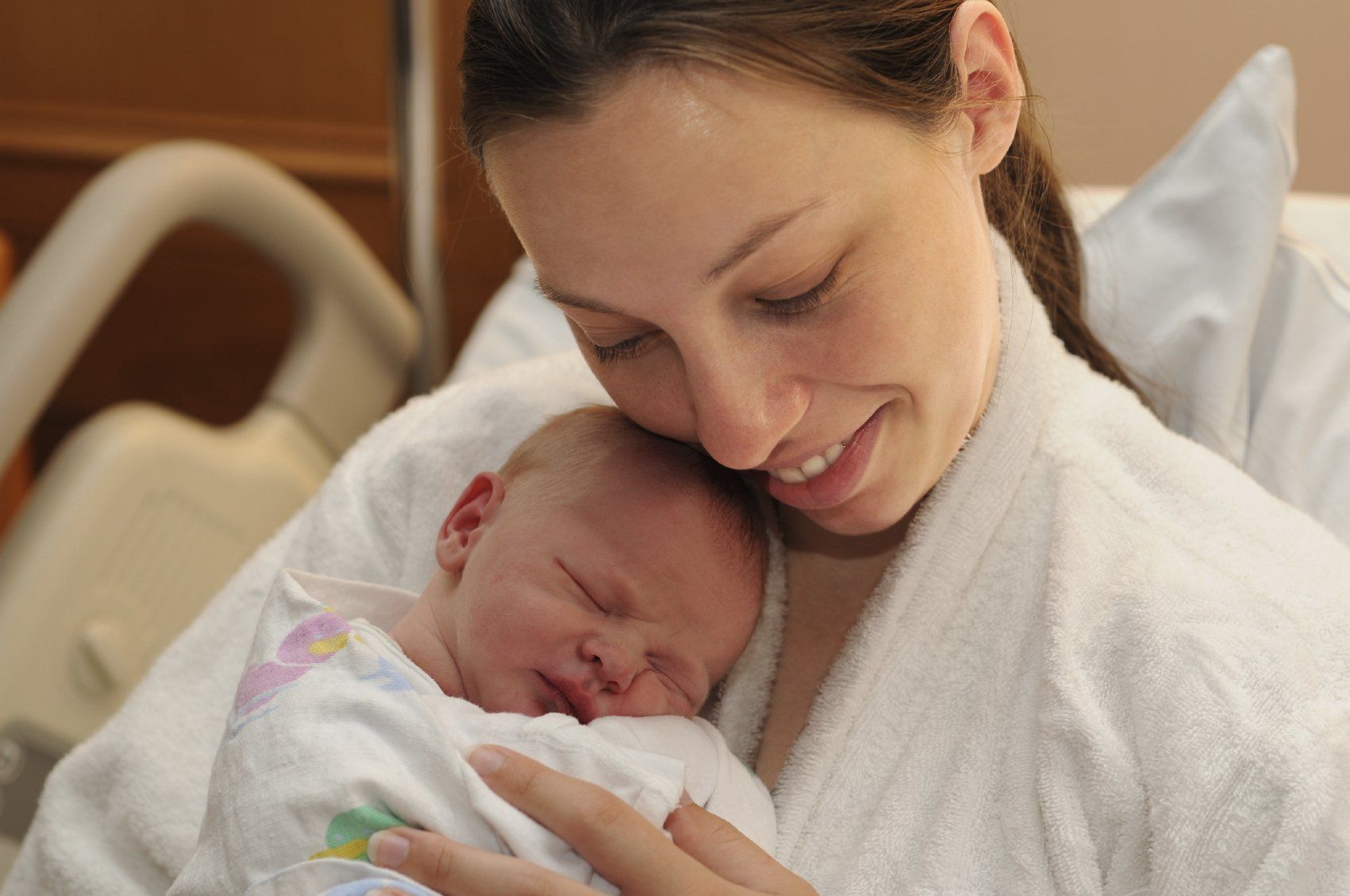Maternity Protection
What is maternity leave?
Where can I find regulations on maternity leave?
Frequently asked questions about maternity leave.
Advice on labor law
Maternity Protection
The special protective regulations for pregnant employees are regulated, among other things, in the Maternity Protection Act. The law is divided into seven sections:
Section 1. General Provisions
Section 2. Health Protection
Section 3. Protection against Dismissal
Section 4. Benefits
Section 5. Enforcement of the Law
Section 6. Fine Rules, Penal Rules
Section 7. Final Provisions
The most frequently asked questions about maternity leave are answered below:
1. Protective rules before and after childbirth
According to Section 3 (1) of the Maternity Protection Act, the employer may not employ a pregnant woman in the last six weeks before childbirth (protection period before childbirth) unless she expressly declares that she is willing to work.
The pregnant woman can revoke this declaration at any time, also with effect for the future, in accordance with Section 3, Paragraph 1, Sentence 2 of the Maternity Protection Act.
For the calculation of the protection period before childbirth, the probable date of childbirth is decisive, as it results from the medical certificate or the certificate of a midwife or a maternity nurse, cf. § 3 paragraph 1 sentence 3 of the Protection against Dismissal Act.
According to Section 3, Paragraph 2, Clause 1 of the Maternity Protection Act, the employer may not employ a woman for a period of eight weeks after childbirth (protection period after childbirth). This protection period is extended to twelve weeks after childbirth
· in premature births,
·in the case of multiple births and
·if a disability within the meaning of Section 2 (1) sentence 1 of Book 9 of the Social Code is diagnosed by a doctor within eight weeks of the child's birth.
a notice: If the child is found to be disabled, the protection period only changes if the woman actually applies for this, Section 3 (2) sentence 4 of the Maternity Protection Act.
During school or university training (insofar as the training center specifies the place, time and course of the training event), the training center may allow a woman to work during the protection period after childbirth if the woman expressly requests this from her training center, § 3 para. 3 sentence 1 Maternity Protection Act.
The woman can also revoke this declaration at any time with effect for the future, § 3 para. 3 sentence 2 Maternity Protection Act.
According to Section 3 (4) sentence 1, the employer may employ a woman after the death of the child after the first two weeks after childbirth if
·the woman expressly requests this and
·naccording to a medical certificate, nothing speaks against it.
The woman can revoke this declaration at any time with effect for the future.
Section 4 Ban on Overtime; Rest time:
The employer may not employ a pregnant or breastfeeding woman who is 18 years of age or older with work that the woman has to perform for more than 8 ½ hours a day or more than 90 hours in two weeks.
The employer may not employ a pregnant or breastfeeding woman under the age of 18 with work that the woman has to do for more than eight hours a day or more than 80 hours in two weeks, Section 4 (1) sentence 3 Maternity Protection Act.
Important is that if there are several employers, the working times are to be added together, § 4 para. 1 sentence 5 Maternity Protection Act.
§ 5 Ban on night work:
According to this provision, the employer may not employ a pregnant or breastfeeding woman between 8:00 p.m. and 6:00 a.m., Section 5 (1) sentence 1 of the Maternity Protection Act.
As an exception, a pregnant or breastfeeding woman may be employed until 10:00 p.m. if the special requirements of Section 28 of the Maternity Protection Act are met. Among other things, the pregnant or breastfeeding woman must have expressly agreed to such an activity, according to a medical certificate there must be no objections to the woman engaging in such activity until 10:00 p.m., in particular there must be a risk to the pregnant woman or her child e.g. working alone should be excluded.
Under the above conditions, a pregnant or breastfeeding woman who is in school or university training may exceptionally be employed until 10:00 p.m. or participate in the training event, § 5 Para. 2 Sentence 2 Maternity Protection Act.
The pregnant or breastfeeding woman attending school or university can revoke her declaration of exceptional employment until 10:00 p.m. at any time with effect for the future, Section 5 (2) sentence 3 of the Maternity Protection Act.
In exceptional cases, the prospective authority may make exceptions to the ban on overtime in accordance with Section 4 (1) sentence 1 and 2 or sentence 4 of the Maternity Protection Act and from the ban on night work between 10 p.m. and 6 a.m. in accordance with Section 5 (1) sentence 1 or approve paragraph 2 clause 1 of the Maternity Protection Act. However, this approval represents the absolute exception, since from 10:00 p.m. the abstract risk potential is increased, concentration drops more sharply and the overload can be greater. In order to avoid possible pressure for pregnant or breastfeeding persons to agree to night work after 10 p.m., approval by the supervisory authority for such employment therefore remains an absolute exception.
In detail, the employer must notify the supervisory authority immediately before employing a pregnant or breastfeeding person by 10 p.m., Section 27 (1) of the Maternity Protection Act.
§ 6 Ban on Sunday and public holiday work:
The employer may not employ a pregnant or breastfeeding woman on Sundays or public holidays. According to Section 6 Paragraph 1 Clause 2 of the Maternity Protection Act, a pregnant or breastfeeding woman may also be employed on Sundays and public holidays under certain conditions. In particular, if an exception to the general ban on working on Sundays and public holidays is permitted under Section 10 of the Working Hours Act.
§ 7 Exemption from examinations and for breastfeeding:
The aim of this provision is that a pregnant or breastfeeding employee can be released from work for necessary examinations without the threat of a loss of pay or the time released having to be worked before or after. The employee should not have to do without medically necessary or even recommended examinations for economic reasons. With regard to the time off from work to breastfeed the child, the employee neither has to fear a loss of earnings nor that she has to work before or after the breastfeeding period. According to scientific knowledge, feeding the child with breast milk is generally the best form of nutrition for the infant and this regulation is intended to promote this in the interest of the health of the mother and the child and at the same time in the interest of reconciling motherhood and work.
Other important regulations are in
Section 9 (structuring of working conditions; irresponsible risk)
§ 10 (assessment of working conditions; protective measures)
§ 16 (Medical employment ban)
Section 17 (prohibition of dismissal)
present.
If you have any questions about maternity leave, please contact our law firm and arrange one meeting
or call us on the phone number02366-94066 02.






















